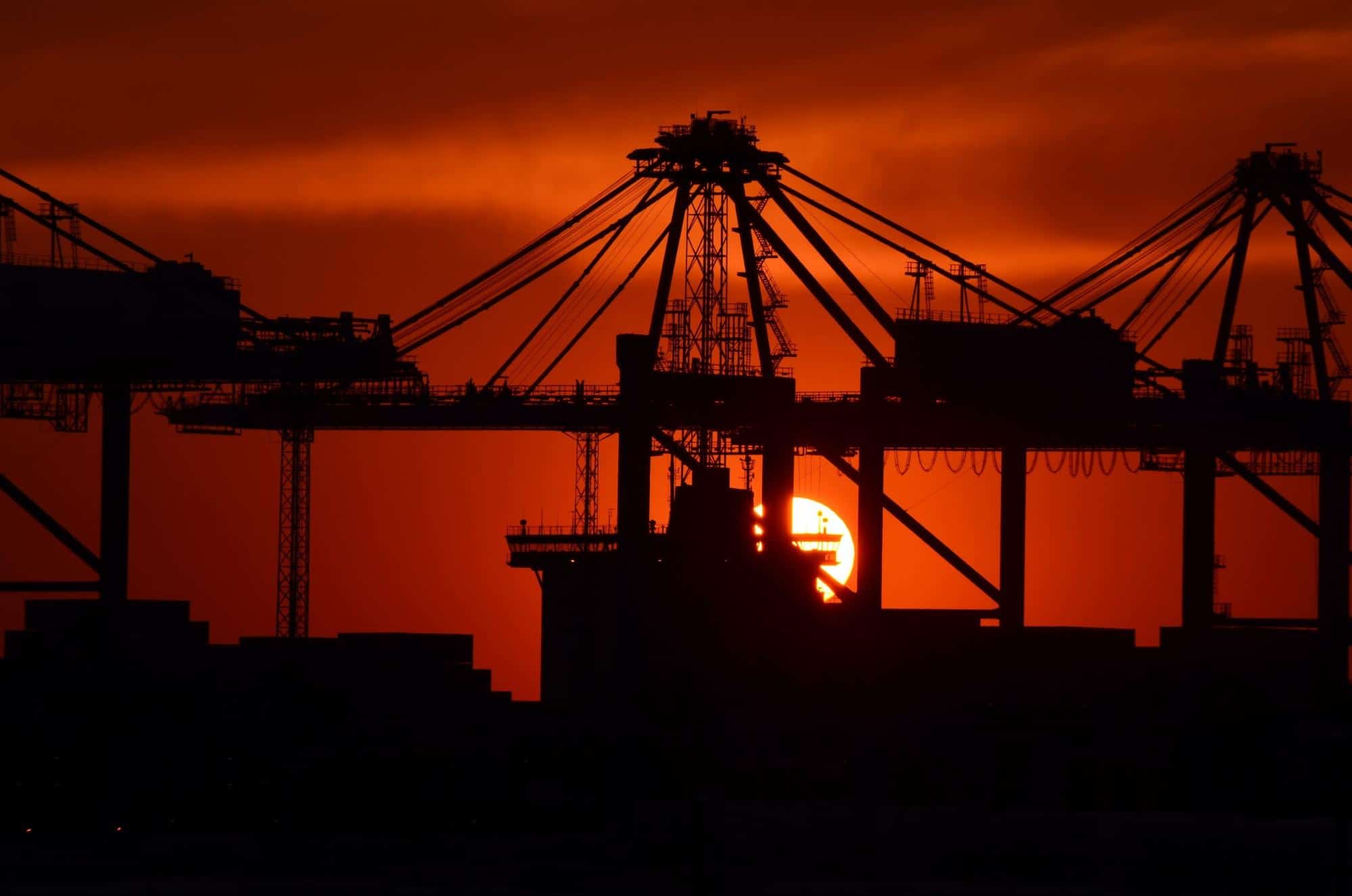With so many developments in autonomous vehicles, when discussing the future of freight, driverless transport is the first thing that comes to mind. But is it really a likely reality? And are there any other more pressing changes ahead that the freight industry needs to prepare for?
What you should be expecting in the future of freight
Automation of systems.
There are so many ways in which technology has changed business in the last few years. The cloud has revolutionised admin, communication, office systems. Tracking is now easy and reliable. Security has been augmented. Automated distribution is expensive, but it’s already been embraced by a number of companies – Ocado is the perfect example. The probability is that it will soon be embraced by more, including those working within freight. And there’s little doubt that other areas of technology will keep evolving.
Autonomy of transport.
Automation really is a thing and it’s already beginning to happen. Self-driving trucks have been on the roads in Southern California since 2017. However, there are still numerous reasons why they’ll not be putting UK drivers out of jobs anytime soon. Not least, the fact that laws haven’t yet been made for them – if a malfunction leads to a pedestrian death, currently there is no liability. There’s also a major difference between the open roads of California and the congestion of inner-city London, making refuelling an issue, not to mention navigation – of streets and people.
Increasing costs.
The rates associated with both air and ocean freight have been on the rise for some years now, and that seems unlikely to change. With Brexit on the horizon, there’s a strong chance that other levies will increase too – including import tax. This could have a knock-on effect for your customer base.
Staffing.
Another area of the industry that could be directly impacted upon by Brexit is staffing. Freight isn’t the only sector facing this problem, but that doesn’t make it any less relevant. With fewer qualified workers available, there’s a strong likelihood that you will need to increase your wages in order to retain and attract quality staff.
Co-operation.
We’ve already seen this happening. Smaller freighters can’t hope to compete against the international brands alone. But if they work together, their numbers make them mighty. With land and sea experts collaborating with those who specialise in airfreight, or companies in different geographical areas joining forces, suddenly the small firm is able to take on the big man.
Customer experience.
Customers now expect more from the businesses they work with. Technology has welcomed in an ‘on-demand’ ethos. And that applies to everything, from delivery timescale to booking and query/complaint response. Going forward, customers are likely to expect even more control over, and complete transparency in, the services they pay for.


